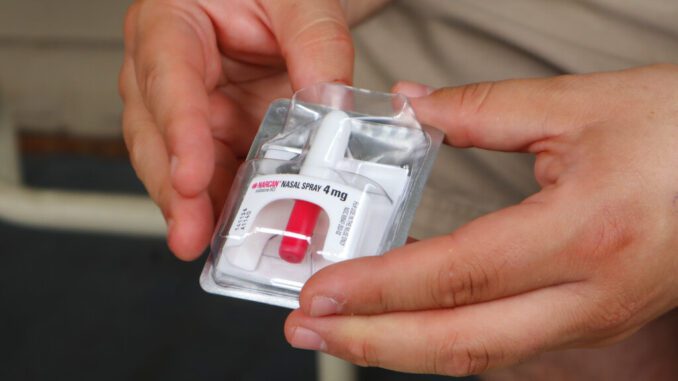
Fatal overdose rates have climbed to unprecedented levels. The Centers for Disease Control and Prevention (CDC) estimates 107,622 drug overdose deaths in the United States in 2021. North Carolina saw 3,499 overdoses in 2021, higher than in 2020 and 2019. Our nation–and our state –desperately need a new approach to addressing this crisis.
The current model for combating the opioid crisis focuses on short-term care solutions, which are not designed for long-term change. For years, funding has been allotted for treatment and prevention, but this only covers part of the continuum of care. Substance use is affected by various factors, and the lack of funding for recovery services leaves people vulnerable to return to use after treatment.
Investments in community support and recovery services are the key to changing the upward trajectory of overdoses. This funding has been minimal and is at the discretion of decision-makers’ priorities. Without a stable infrastructure, there is no guarantee that funding will continue to be available for recovery resources.
U.S. Sens. Maggie Hassan (D-NH) and Lisa Murkowski (R-AK) introduced The Substance Use Prevention, Treatment, and Recovery Act (S. 4301), which would reauthorize the Substance Abuse Block Grant (SABG) and establish a 10% set-aside for recovery support services. This legislation would provide the needed stability to continue funding a crucial part of the continuum of care.
The 10% set-aside established by this legislation would be the first dedicated funding source for peer recovery support services. Not only would it ensure that funds provide necessary recovery support, regardless of partisanship or any one person’s beliefs or priorities, but North Carolina stands to increase its funding by $33.5 million. If the SABG is funded at the $3.2 billion level proposed in the bill, North Carolina will receive an estimated $8.3 million in dedicated funding for recovery support services and $83.1 million overall for prevention, treatment, and recovery services.
We urge North Carolina U.S. Sens. Richard Burr and Thom Tillis to support S. 4301 regarding a vote on the Senate floor. Its passage could literally mean life or death for thousands of North Carolinians!
About the Author: Sara Moscato Howe is the Interim Executive Director of the Addiction Professionals of North Carolina and has worked as a national health policy consultant. She was also the Chief Executive Officer of the Illinois Association of Behavioral Health. With over 20 years of experience in health and substance use policy, Sara continues to advocate for policies that remove barriers and increase access to resources.
